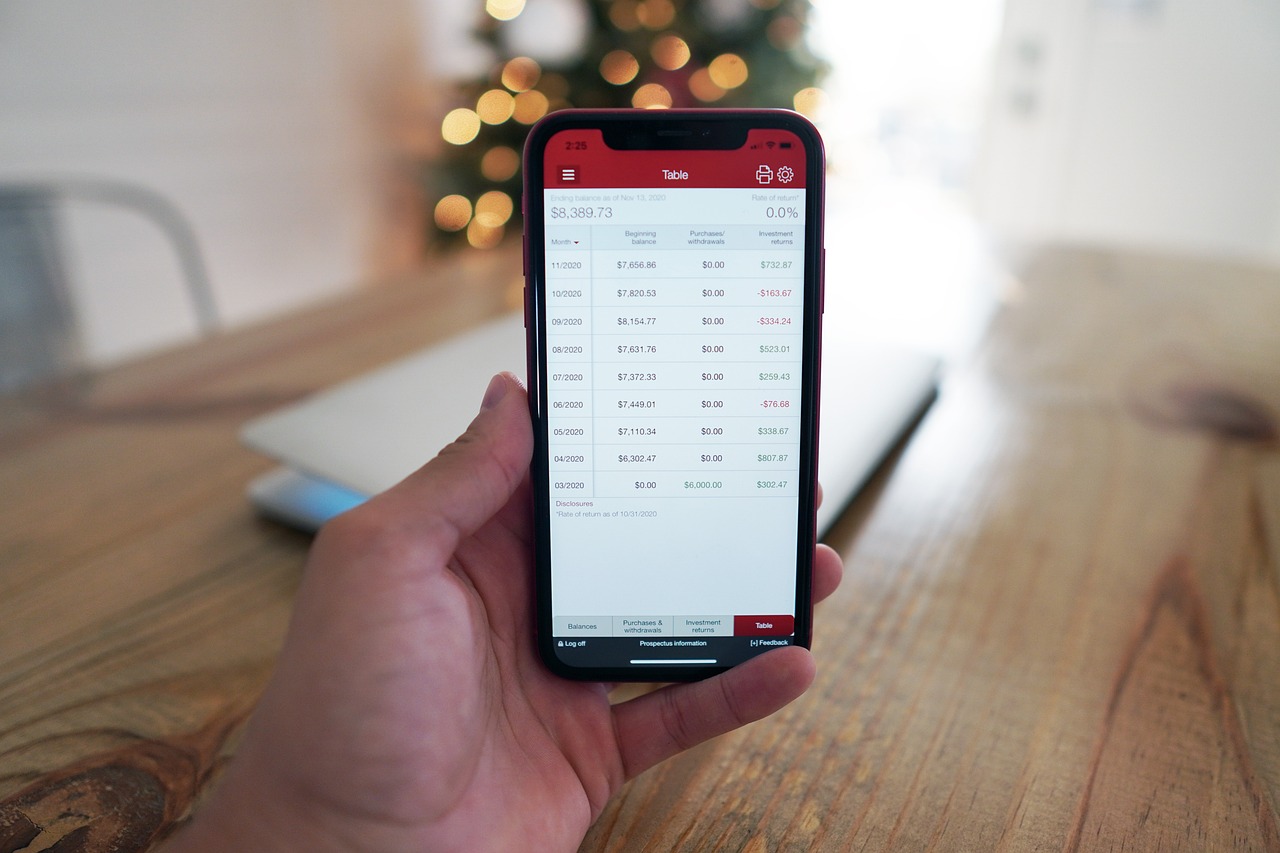Business
The Importance of Monitoring Economic Events for Forex Traders

Forex traders rely on a wide range of factors to make informed decisions about buying and selling currencies. One of the most important factors is the economic calendar. This tool tracks the dates and times of upcoming economic events, such as central bank meetings, employment reports, and inflation data releases. By monitoring these events, traders can gain valuable insights into the state of the global economy and make more informed trading decisions. In this guide, we will explore the importance of monitoring economic events for forex traders and provide tips for using an economic calendar effectively.
What is an Economic Calendar?
An economic calendar is a tool traders use to keep track of upcoming economic events that could impact the financial markets. The calendar typically includes events such as central bank meetings, economic data releases, and speeches by policymakers. By keeping track of these events, traders can better anticipate market movements and adjust their trading strategies accordingly.
How Do Economic Events Affect Forex Trading?
Economic events can have a significant impact on forex trading. For example, an interest rate decision by a central bank can cause a currency’s value to rise or fall, depending on whether the decision was expected or unexpected. Similarly, employment data releases can cause sharp movements in currency prices, as they are closely tied to a country’s economic growth and can affect the demand for its currency. Therefore, traders need to keep track of economic events and anticipate how they may impact the forex market.
Using Economic Calendars for Fundamental Analysis
Economic calendars can be a valuable tool for traders who rely on fundamental analysis. By monitoring economic events and their impact on the market, traders can gain insights into the overall health of an economy and its currency. For example, if a country consistently releases strong economic data, it may be a signal to buy its currency. Conversely, if economic data is consistently weak, it may be a signal to sell the currency.
Key Economic Indicators to Monitor
There are a few key economic indicators that forex traders should monitor when using an economic calendar. These include interest rate decisions, employment data, inflation data, and GDP figures. Interest rate decisions are particularly important, as they can signal changes in a country’s monetary policy and impact the demand for its currency. Employment data is also closely watched, as it can give traders insights into a country’s economic growth and the likelihood of future interest rate decisions.
Tips for Using Economic Calendars Effectively
To use an economic calendar effectively, focusing on the events most relevant to your trading strategy is important. Traders should also pay attention to the market consensus for each eventand any revisions to previous data. It’s also a good idea to keep track of past market reactions to similar events, as this can provide valuable insights into how the market may react in the future. It is also important to be prepared for unexpected events, such as a major policy announcement, that could significantly impact the market.
Real-time News and Market Analysis for Economic Events
In addition to monitoring economic events, traders should keep an eye on real-time news and market analysis to stay ahead of market trends and potential opportunities. Many forex trading platforms offer real-time news feeds and market analysis tools with the aim of helping market participants.
Geopolitical Events and Their Impact on CurrencyTrading
Geopolitical events such as elections, trade agreements, and natural disasters can have a significant impact on the global economy and forex markets. For example, political instability or war can lead to a decrease in demand for a currency, while a new trade agreement can lead to an increase in demand.
The Role of Central Banks in Economic Events
Central banks play a crucial role in shaping a country’s economic policies and often announce important decisions related to interest rates, monetary policies, and economic stimulus measures. These announcements can also noticeably impact currency values and should be monitored closely by forex traders.
Currency Correlations and Economic Events
Currency pairs often exhibit correlations with other currencies, and economic events can amplify these correlations. For example, a rise in oil prices may lead to an increase in the value of the Canadian dollar, as Canada is a major oil producer.
Kenya Insights allows guest blogging, if you want to be published on Kenya’s most authoritative and accurate blog, have an expose, news TIPS, story angles, human interest stories, drop us an email on [email protected] or via Telegram
-

 Grapevine1 week ago
Grapevine1 week agoAlleged Male Lover Claims His Life Is in Danger, Leaks Screenshots and Private Videos Linking SportPesa CEO Ronald Karauri
-

 Lifestyle2 weeks ago
Lifestyle2 weeks agoThe General’s Fall: From Barracks To Bankruptcy As Illness Ravages Karangi’s Memory And Empire
-

 Grapevine6 days ago
Grapevine6 days agoRussian Man’s Secret Sex Recordings Ignite Fury as Questions Mount Over Consent and Easy Pick-Ups in Nairobi
-

 Investigations3 days ago
Investigations3 days agoMulti-Million Dollar Fraud: Three Kenyans Face US Extradition in Massive Cybercrime Conspiracy
-

 Investigations2 weeks ago
Investigations2 weeks agoEpstein’s Girlfriend Ghislaine Maxwell Frequently Visited Kenya As Files Reveal Local Secret Links With The Underage Sex Trafficking Ring
-

 News2 weeks ago
News2 weeks agoState Agency Exposes Five Top Names Linked To Poor Building Approvals In Nairobi, Recommends Dismissal After City Hall Probe
-

 Economy2 days ago
Economy2 days agoIran Demands Arrest, Prosecution Of Kenya’s Cup of Joe Director Director Over Sh2.6 Billion Tea Fraud
-

 Business1 week ago
Business1 week agoM-Gas Pursues Carbon Credit Billions as Koko Networks Wreckage Exposes Market’s Dark Underbelly
















